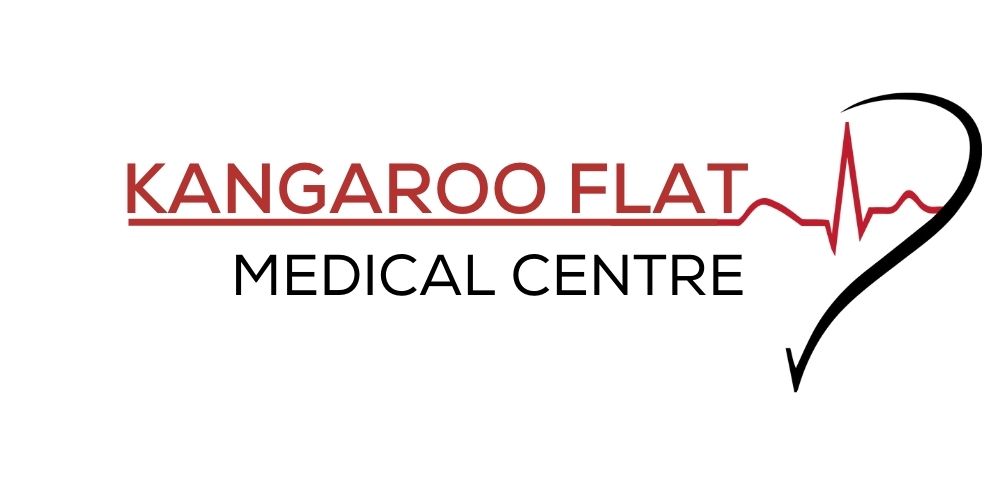Medical Services
Preventative Health & Health Assessments
Preventative health and health assessments involve proactive measures to maintain and improve overall health and well-being, often through regular check-ups, screenings, and lifestyle interventions. These assessments aim to identify risk factors, detect early signs of disease, and promote healthy behaviors to prevent the onset of illnesses. They may include evaluations of vital signs, laboratory tests, physical examinations, and discussions about health habits such as diet, exercise, and stress management. By addressing potential health concerns early and adopting preventive measures, individuals can reduce their risk of developing chronic diseases and maintain optimal health throughout their lives.
Overseas Students & Refugee Health
Overseas students and refugee health concerns encompass a range of challenges specific to these populations, including access to healthcare, cultural considerations, language barriers, and potential trauma-related issues. Providing comprehensive healthcare services to overseas students involves addressing their unique healthcare needs while navigating differences in healthcare systems and cultural norms. Refugee health often involves addressing complex medical, psychological, and social issues resulting from displacement, trauma, and resettlement. Tailored healthcare interventions for both groups are essential to ensure equitable access to quality care, promote health literacy, and address the diverse needs of these vulnerable populations.
Women’s Health
Women’s health refers to the branch of medicine and healthcare that focuses on the unique biological, psychological, and social needs of women across their lifespan. It encompasses a wide range of health issues specific to women, including reproductive health, menstrual health, pregnancy and childbirth, contraception, menopause, breast health, and gynecological conditions.
Men’s Health
Men’s health refers to the medical and healthcare practices focused on addressing the specific biological, psychological, and social health needs of men throughout their lives. This includes preventative care, diagnosis, and treatment of conditions that predominantly affect men, as well as promoting overall well-being and healthy lifestyle choices.
Allied Health Specialists
Allied Health Specialists typically refer to professionals within the allied health field who have advanced training and expertise in specific areas. These specialists often focus on particular aspects of healthcare or provide specialized services within their respective disciplines. Examples may include:
- Physical Therapists specializing in sports medicine or orthopedics.
- Speech-Language Pathologists focusing on pediatric speech disorders or adult neurological conditions.
Telehealth
Telehealth refers to the use of telecommunications technology, such as video conferencing, telephone calls, and secure messaging, to deliver healthcare services remotely. It enables patients to consult with healthcare providers, receive medical advice, and access various healthcare services without the need for in-person visits to a clinic or hospital.
Indigenous Health
Indigenous health refers to the health and well-being of Indigenous peoples, including their physical, mental, emotional, and spiritual health. It encompasses the unique health needs, challenges, and strengths of Indigenous populations, who often experience disparities in health outcomes compared to non-Indigenous populations due to historical, social, economic, and cultural factors.
Mental Health
Mental health encompasses emotional, psychological, and social well-being, affecting how individuals think, feel, and behave. It influences how people handle stress, relate to others, and make choices in their daily lives. Mental health is vital at every stage of life, from childhood and adolescence through adulthood and aging.
Skin Checks
Skin checks involve a thorough examination of the skin by a healthcare professional to detect any abnormalities, lesions, or changes that may indicate skin cancer or other dermatological conditions. These checks typically involve visual inspection of the skin, including moles, freckles, and other pigmented areas, to identify any signs of melanoma or non-melanoma skin cancers. Skin checks are important for early detection and treatment of skin cancers, as well as for monitoring any changes in existing skin lesions over time. They are recommended periodically, especially for individuals with a history of sun exposure, fair skin, a family history of skin cancer, or other risk factors.
Chronic Disease
Chronic diseases are long-lasting conditions that typically progress slowly over time and may persist for years or even a lifetime. These diseases often require ongoing management and treatment to control symptoms, prevent complications, and maintain quality of life
Immunisations & Vaccinations
Immunizations and vaccinations are preventive measures used to protect individuals from infectious diseases by stimulating the body’s immune system to produce antibodies against specific pathogens. Vaccines contain weakened or killed forms of the microorganisms (such as viruses or bacteria) that cause diseases or their toxins. When administered, vaccines trigger an immune response that prepares the body to recognize and fight off the actual disease-causing agents if exposed in the futur
Minor Surgery
Minor surgery refers to surgical procedures that are relatively simple, typically performed in outpatient settings, and usually do not require general anesthesia. These procedures are commonly performed to diagnose, treat, or remove superficial conditions or abnormalities.
